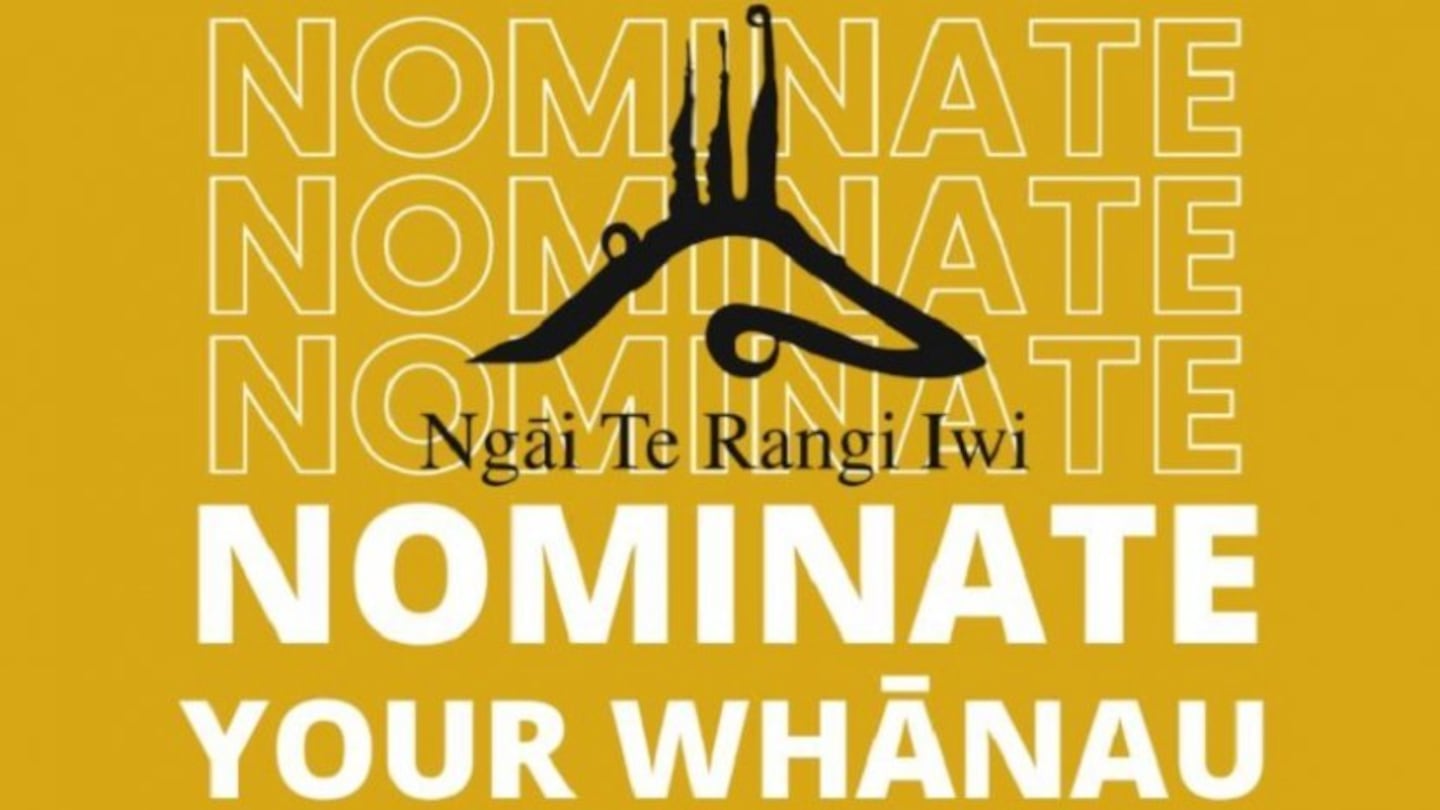Source / Facebook
Ngāi Te Rangi are delivering kaimoana and other food parcels to whānau struggling to make ends meet in Auckland.
Ngāi Te Rangi Settlement Trust CEO Paora Stanley says one story of whānau doing it tough in the city especially hit home for him.
“There was one person, he stole a $14 chicken,” Stanley recalls. “He hid it down his top, it was a cooked chicken, and it burnt all across his chest. Not only that, he arsed up and he ended up getting arrested as well. For fourteen bucks worth of chicken. That’s horrible, that shouldn’t be happening to our people.”
The iwi is now doing something about it.
N O M I N A T E Y O U R T A M A K I W H Ā N A U E te iwi, We've reached out to our registered Auckland whānau and a...
Posted by Ngāi Te Rangi on Wednesday, September 15, 2021
On the Ngāi Te Rangi Facebook page, a notice went up to nominate people in need in Tāmaki to receive free kaimoana to help them through this period. The kaupapa has since included meat packs for whānau. The only criteria are that they are nominated by a registered tribal member and that they live in Auckland.
“We got out of level 4 to level 3, and then to level 2, and we forgot about our whānau in Tāmaki. So, we immediately put our energy into seeing how our Tāmaki whānau were doing,” said Stanley.
The packages are delivered via courier and usually within 24 hours of the tono going out to the iwi. “As soon as those notifications come up, we just send those packages out, whether it’s a weekend, night or day.”
Stanley says, with level 4 lockdown restrictions and the distance to Auckland, often the delivery cost is more than the package itself. But that does not matter to him. “You’ve just got to show some compassion for our people who are just toughing it out,” he said.
“It’s a way of not forgetting the sacrifices our people in Tāmaki are making, and not forgetting our whānau from afar who live in Tāmaki.”
He also says there is a major secondary benefit to this kaupapa.
“Every iwi struggles with keeping connected with our urban folk. This is a way of getting connected, them with us and us with them.”


